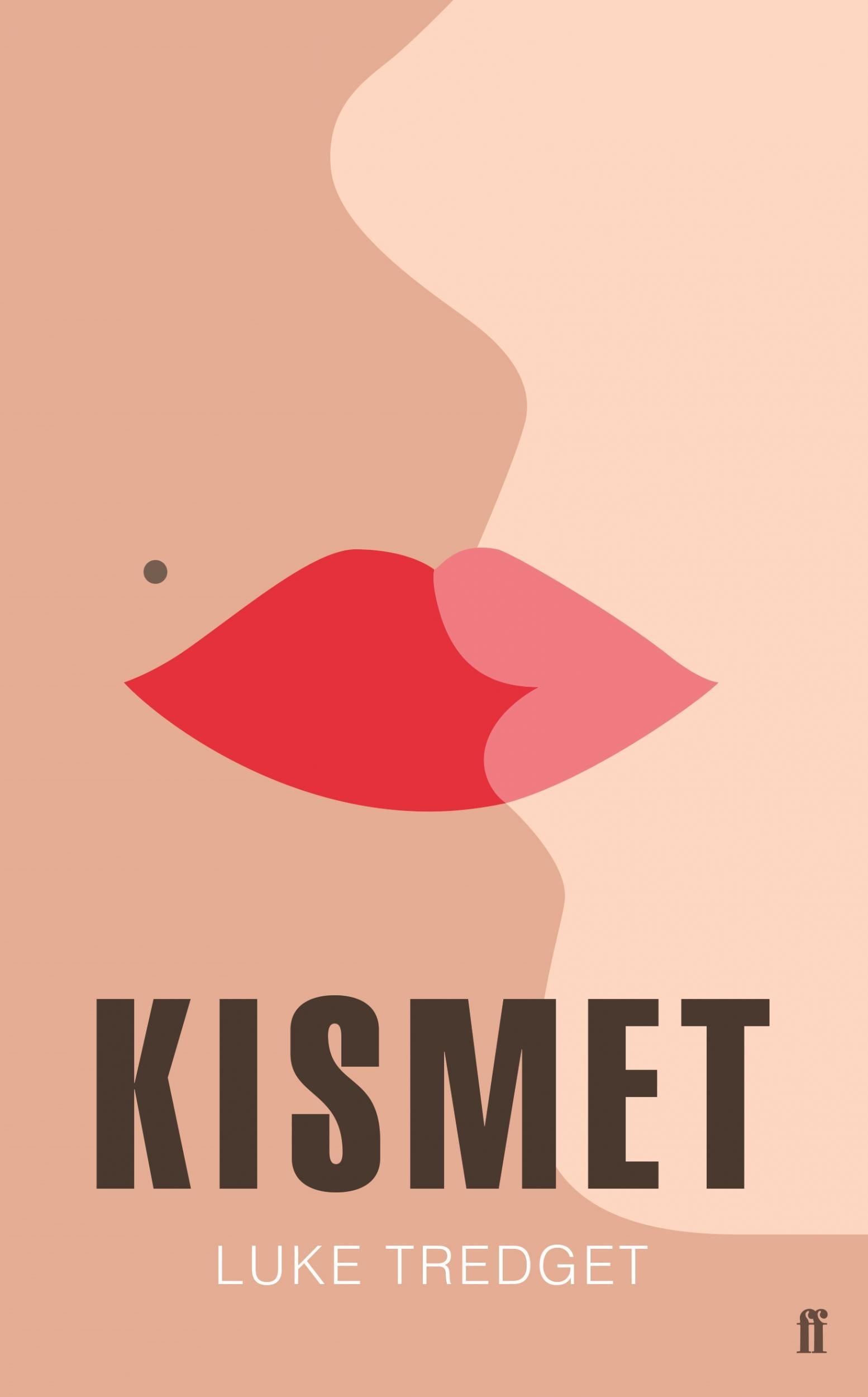The Independent's journalism is supported by our readers. When you purchase through links on our site, we may earn commission.
Let me just mansplain that for you: When male authors take on a female voice
Luke Tredget’s fictional story could have been written from a male perspective, but it just wouldn’t have worked. The matter of gender was out of his hands – the book had to be about a woman

As a man who has written a novel from a female’s perspective, it is certainly disconcerting to see hundreds of women declare that such a venture is not only doomed to fail, but perhaps worthy of ridicule. In a recent Twitter challenge, author Whitney Reynolds asked her followers to describe themselves “like a male author would”. Thousands of women responded, and the conclusion was emphatic – men just don’t get it.
The issue was explored in a follow-up article in The Guardian by Rhiannon Lucy Cosslett, who explained that some aspects of womanhood are simply beyond the scope of the male imagination. She intuitively knows if a piece of writing is by a woman – it is something she can “feel in her bones”.
Cosslett is certainly not alone in thinking this. Over the past few years, when I told people I was writing a novel, and more recently that the novel was being published, the fact people found most surprising was that it was from a woman’s perspective. Indeed, one publisher turned it down for this very reason.
For me, it wasn’t a matter of choice. In fact, I can’t even remember making the decision. The story I wanted to tell had to be from a woman’s perspective. It was a natural result of the topic I wanted to write about – the existential pressure that many people feel, myself included, to strive for a perfect life. And when it comes to our romantic lives, this pressure seems to bear down more heavily on women than men, especially the question of whether or not they should “settle down”, and with whom.
For many in my peer group, having a stable job, a family, a nice house and to gradually accumulate wealth just isn’t sufficient. We need to do something more. Something that expresses our inner passion and talent. It takes an enormous lack of spirit to admit we are never going to be rich or wildly successful, and begin paying into a pension plan. As one female friend put it, it feels like a resignation, almost a betrayal of ourselves, to settle for approximately the same things our parents had.
One of the many achievements of social media is to show us that a better, more exciting life is not only desirable, but completely feasible. Every day we see photos of friends or acquaintances who have successfully reinvented themselves in an entirely new context. Oh look, there’s John from my school, now working as a music journalist in LA and doing an interview with Bjork. And there’s Amy from college, running her own health food business in Bali. And there’s Toni and Jake, now making a living by travelling the world and writing a blog about how in love they are.
As my peer group approached thirty these pressures and ambitions seemed to come to a head. This was especially true for women regarding the relationships they were – or weren’t – in at the time. This had of course been an important aspect of life before then, but a new urgency entered the question of whether their love lives matched their expectations.
One good friend had been in a long-term relationship with a perfectly nice and dependable guy, but couldn’t decide whether to get married and have kids. The indecision didn’t flit back and forth in the space of a conversation, but shifted over a period of days and weeks, like changes in the weather. One month she would be content and committed, the next filled with doubt and fear, which often led to uncharacteristic binges and trysts. One of her main issues was that she wasn’t sure she had ever been in love, in the butterflies and mania sense, the way popularised by Hollywood and pop songs and the infatuated couples on social media.
We spent hours in the pub working through her quandary, but never seemed to get any closer to a definitive answer. Many other friends found themselves in a similar situation, and eventually I did too. I was struck by how few principles there are to guide people in this position, and how impressionable we can become as a result – those experiencing romantic turmoil tended to be of the opinion of whichever confidante they last spoke to, whether it be their parents, best friend or even their secret lover. We could be leaned on.
I wanted to set my novel in a world where social media had moved into this role of friend and advisor. As well as encouraging people to aspire for idealised lives, in my book a utopian matchmaking app called Kismet offers a clear route to the relationship of their dreams. By harvesting personal data and using complex algorithms, romantic compatibility can be presented as a numerical score, and is so effective it has replaced traditional dating. When the protagonist, Anna, discovers that her long-term boyfriend is going to propose on her 30th birthday, she can’t resist secretly using Kismet to see if she could do better with someone else. As you can imagine, things don’t go smoothly.
This story could have been written from the perspective of a man, but it just wouldn’t have worked. For simple biological reasons, and regrettable societal ones, women appear to face a much more dramatic crossroads when they reach their early thirties. By comparison, for men time barely exists at all. Being 30 or 35 or 40 is of negligible difference; they can spend the entirety of their thirties teaching scuba diving in the South Pacific, without making hardly a difference to their long-term options.
For these reasons, the matter of gender was out of my hands – the book had to be about a woman. I went about this cautiously at first, drafting a chapter and submitting it to a creative writing class made up only of women. They seemed to think it was OK. From that point on I just went for it – if I’d tried to map out thoughts or behaviours that were definitively “female” I would have crippled myself. Instead I pushed the issue of gender to the back of my mind, and focused on the million other things that are needed for a novel to hang together.
Through the long process of re-drafting, editing and copy editing, I’ve had a small army of females to help me tweak things and correct glaring inaccuracies – my university tutor, agent, editor and copy editor were all women. And my partner was on hand to help with, shall we say, more intimate questions (I wasn’t going to try and describe a female orgasm without close guidance).
Of course some things didn’t ring true and had to be corrected. And other areas I actively sought help from the start. But on the whole the character seemed believable to people, and for me demonstrated something I’d long believed – that while there are significant differences in the way men and women think and act – and, crucially, the way we are encouraged to think and act – these are dwarfed by the things we have in common, and that gender is just one component in the intricate mesh of selfhood.

When the “Cat Person” story went viral recently, and I overhead people talking about it at a bus stop (in itself a cause for excitement), it was gratifying to hear women say that they empathised with the man in the story, that they had been “that person” in a fledgling relationship, the one that goes overboard with enthusiasm and suffers the ignominy of being ghosted. For me it was further proof that the roles we play in relationships are fluid and interchangeable, that there is increasingly less of a fixed role between male and female ways of acting. And if this is the case with the real world, I see no reason why it shouldn’t be the same within writing.
Join our commenting forum
Join thought-provoking conversations, follow other Independent readers and see their replies
Comments
Bookmark popover
Removed from bookmarks